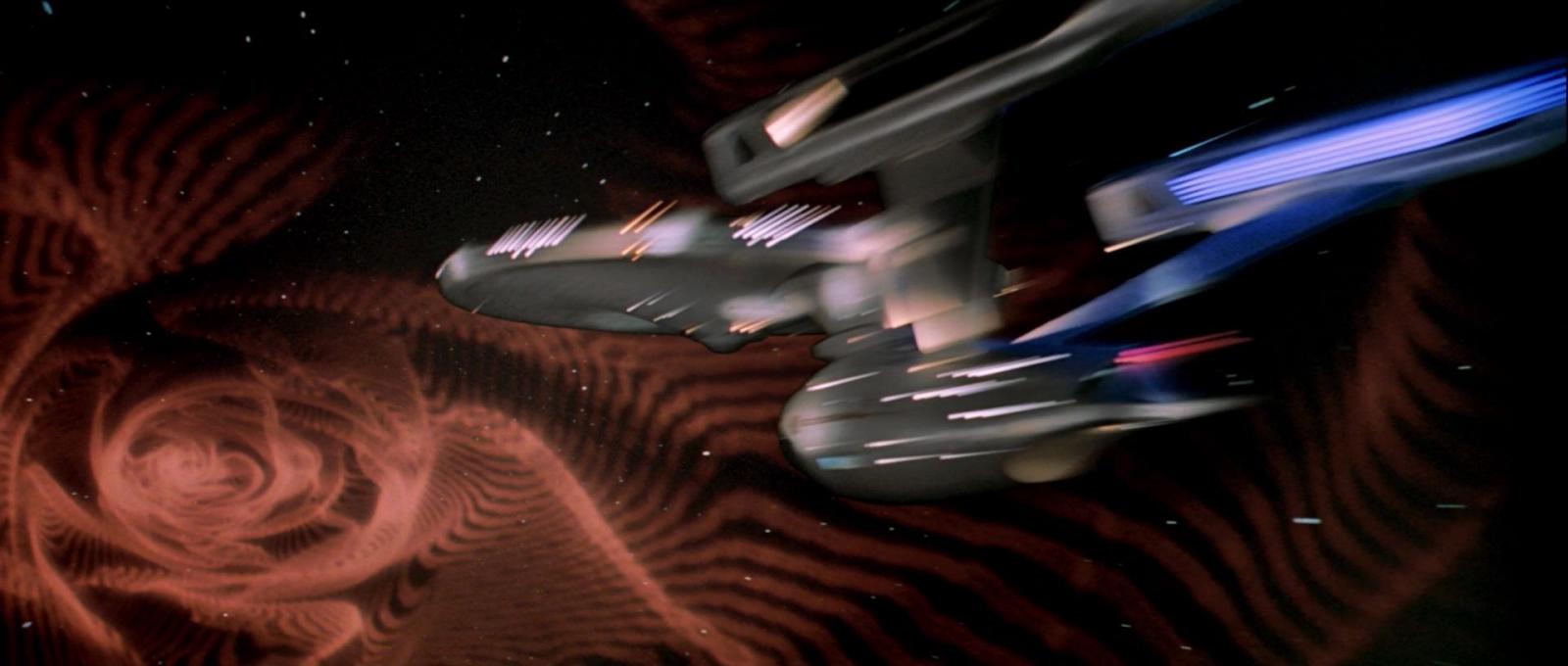“He had good reason,” said Dr. Polchinski, “but he gave up for the wrong reason.” Nobody, he explained, had yet figured out exactly how information does get out of a black hole.
That was the task that four researchers based in Santa Barbara — Ahmed Almheiri, Donald Marolf, and James Sully, all from the University of California, Santa Barbara, and Dr. Polchinski of the Kavli Institute set themselves a year ago. The team (called AMPS, after their initials) found, to their surprise, that following the known laws of physics would lead to a contradiction, the firewall paradox.
Their calculations showed that having information flowing out of a black hole was incompatible with having an otherwise smooth Einsteinian space-time at its boundary, the event horizon. In its place would be a discontinuity in the vacuum that would manifest itself as energetic particles — a “firewall” — lurking just inside the black hole.
Being incinerated as you entered a black hole would certainly contradict Einstein’s dictum of no drama. If this were true, you would in fact die long before the bungee-jumping ride ever got anywhere close to the bottom. The existence of a firewall would mean that the horizon, which according to general relativity is just empty space, is a special place, pulling the rug out from under Einstein’s principle, his theory of gravity, and modern cosmology, which is based on general relativity. This presented the scientists with what Dr. Bousso calls the “menu from hell.”
Read More | "A Black Hole Mystery Wrapped in a Firewall Paradox" | Dennis Overbye | ?NY Times
